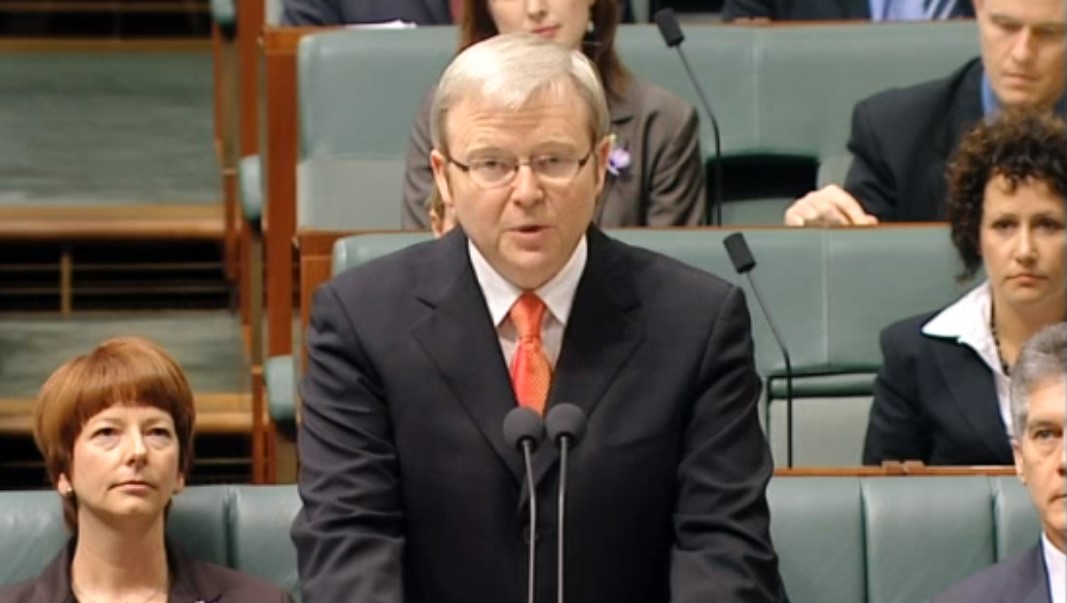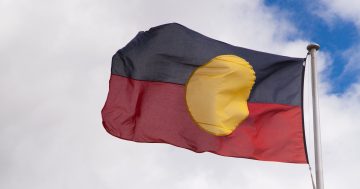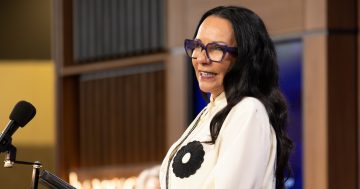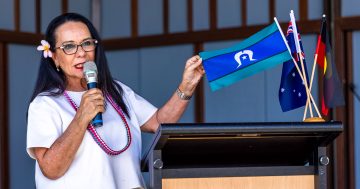
Kevin Rudd delivering the apology to the Stolen Generations on 13 February 2008. Image: Screenshot.
Fifteen years ago today (February 13), Australia’s newly elected prime minister Kevin Rudd rose to his feet in the House of Representatives and did what his predecessor John Howard refused to do – he offered a formal apology to the stolen generations of Indigenous Australians.
Regarded then and still today as one of the most profound political addresses in Australia’s history, the ‘sorry speech’ was celebrated at home and applauded abroad for its sincere acknowledgement that Australian policies had wronged First Nations people.
With the exception of Howard, all of Australia’s former prime ministers who were then still alive – Gough Whitlam, Malcolm Fraser, Bob Hawke, Paul Keating – were present in the chamber to witness proceedings.
The current Leader of the Opposition, Peter Dutton, boycotted the speech on the day.
To mark the 15th anniversary of the momentous event, the Federal Government has released its second Closing the Gap Implementation Plan, acknowledging there is much work still to be done to improve the lives of Indigenous Australians.
The plan offers $424 million in new money towards addressing Indigenous disadvantage in housing, water infrastructure, food and education.
Improving water infrastructure alone will get $150 million over four years to help provide safe and reliable water for remote and regional Indigenous communities through the National Water Grid Fund.
This will be targeted at communities that currently do not have access to clean drinking water.
The Commonwealth will contribute $111.7 million to a new one-year partnership with the Northern Territory Government to accelerate the building of new remote housing, targeted at addressing the worst over-crowding.
Over two years, $11.8 million will be provided for the National Strategy for Food Security in remote First Nations communities.
This is aimed at making essential food more affordable and accessible in remote communities.
Continued funding of $68.6 million over two years goes to family violence and prevention legal service providers to deliver legal and non-legal support to women and children experiencing family, domestic and sexual violence.
In addition, $21.9 million over five years will support families impacted by family violence and at risk of engaging in the child protection system through the delivery of seven place-based, trauma-aware and culturally responsive healing programs aimed at early intervention and recovery and keeping families together.
To boost on-country education for remote First Nations students, $38.4 million will be provided over four years for greater access to junior rangers and more choices for families of culturally appropriate distance learning.
And $21.6 million will support quality boarding for rural and remote students for an additional year.
But with the 2022 Closing the Gap Report showing slow progress on key targets for improving the lives of Indigenous Australians, the government concedes that much of the hope inspired by the sorry speech is yet to be realised.
Indigenous Australians Minister Linda Burney described successive government efforts in terms of “enormous failure” that she hoped the new plan would go some way towards repairing.
“I think governments have tried but there is enormous failure in meeting all the closing the gap targets,” Ms Burney said.
“More needs to be done to close the gap.
“I think it would be a shock to many people that there are many communities – remote Aboriginal communities in Australia – that do not have clean drinking water and cannot have dialysis because the water is not clean enough for the dialysis machines, despite the fact that renal failure is such an issue in our communities,” she said.















